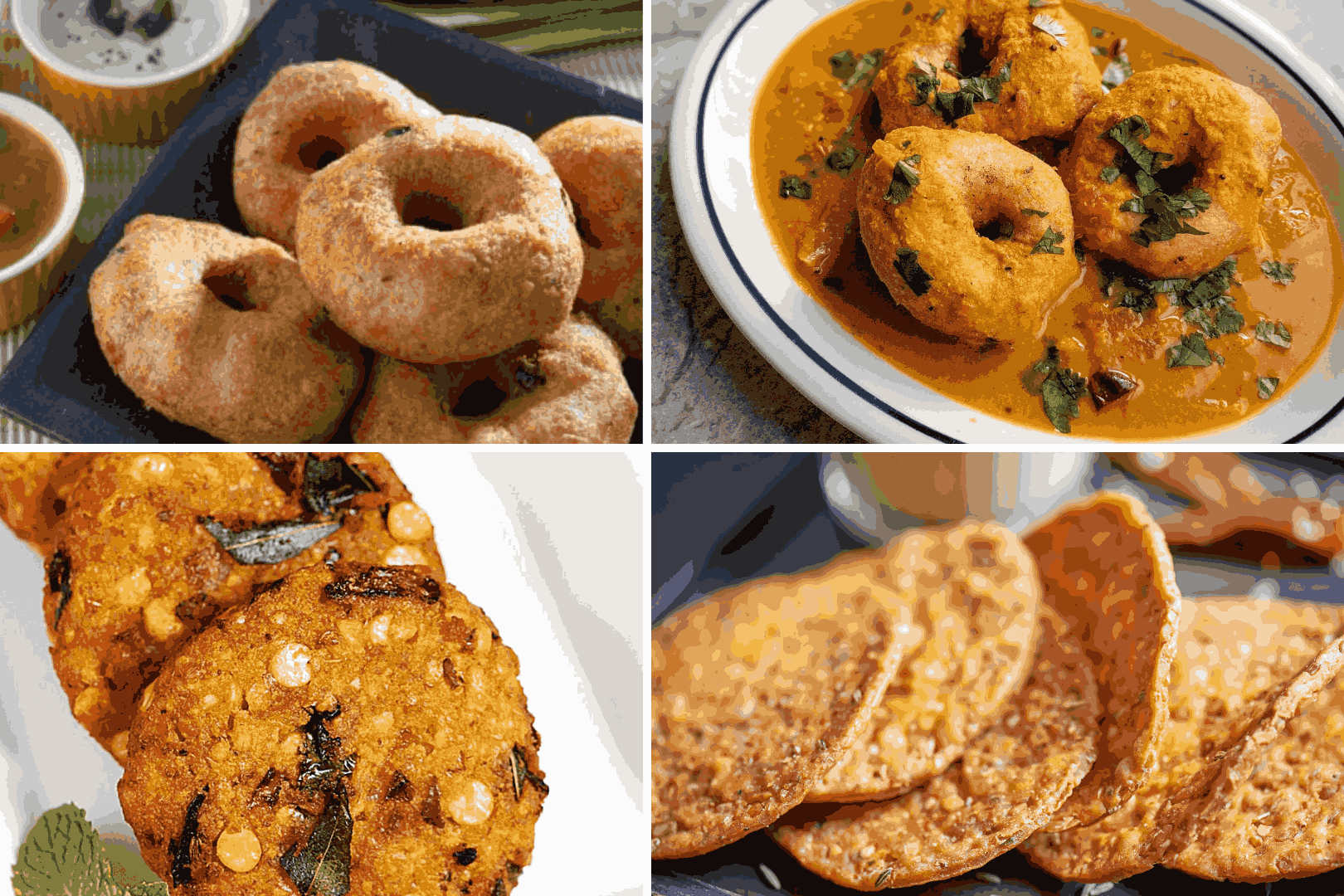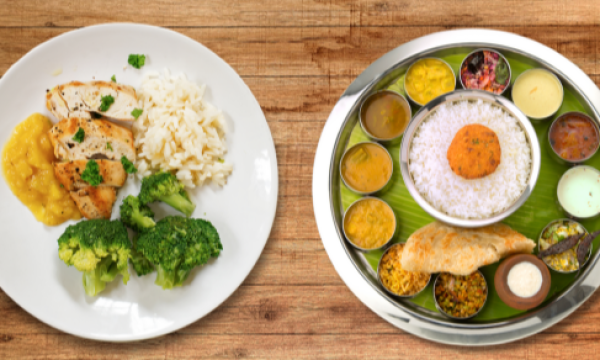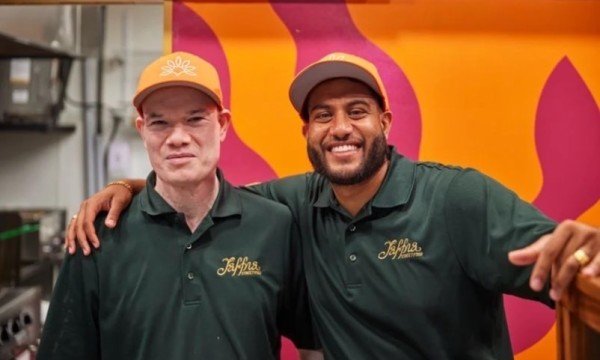
The calming aroma of fresh vadai and a steaming cup of tea is more than just a daily ritual in a Tamil household; it represents a moment of peace and connection. Passed down through generations, this simple comfort displays the love and warmth that makes Tamil traditions so profoundly cherished.
Vadai is a staple at nearly every Tamil function, from weddings and birthday celebrations to puberty ceremonies and temple festivals. This savory doughnut has become an integral part of Tamil culture, but how did it achieve such a significant part of our culinary traditions?
Discover meaningful connections at myTamilDate!
Meet people who share your interests, values, and that undeniable spark who are also looking for a meaningful match. Whether they're around the corner or across the globe, we'll help you find your match.
Historian and food scientist K.T Achaya traces the popularity of vadai back to the ancient Tamils between 100 BCE and 300 CE. Vadai was so integral to Tamil cuisine that it is mentioned in several ancient texts, including the Sangam literature. The dish is also mentioned in the 12th-century Sanskrit encyclopedia Manasollasa, written by King Someshvara 11 of modern-day Karnataka. In this early version, called “vataka,” green beans were soaked, peeled, and crushed into a paste, then formed into balls and deep-fried to perfection. This suggests that the technique and ingredients used in making vadai have remained consistent for centuries, though the variations we see today have evolved significantly.
The vadai’s journey from ancient kitchens to modern-day celebrations demonstrates its significant cultural importance. Originally, vadai was most likely an essential, healthy snack made with few ingredients, ideal for a time when food had to be functional and tasty. The shapes and flavours of vadai evolved in tandem with the expansion and diversification of Tamil cuisine.
Today, there are numerous varieties of the vadai, each with its own tale and regional twist. The classic medu vadai, noted for its soft, fluffy inside and crispy exterior, is frequently eaten with coconut chutney and sambar. The kadala vadai, made from Bengal gram chana dal), is a crispy, spicy treat popular as a tea-time snack. Sambar vadai enhances ordinary vadai by soaking it in savory sambar, allowing the dish to absorb the tangy and spicy broth. Meanwhile, thattu vadai and paruthithurai vadai are spicy, crunchy, flat vadais originating in northern Sri Lanka. Paruthithurai vadai, named after the coastal town Paruthithurai (Point Pedro), highlights the diaspora’s influence on the evolution of Tamil cuisine.
The vadai is more than simply food; it represents tradition and community. It’s a dish passed down through generations, adapting to the times while maintaining its essence. Whether prepared for a large celebration or a quiet family gathering, vadai is a valued and vital part of Tamil culture, encapsulating a thriving community's flavours, costumes, and history.
As we continue celebrating Tamil traditions, the vadai stands out as a culinary icon that connects the past and the present, reminding us of the rich history ingrained in each bite. It remains a comfort snack for many Tamils living across the globe.
READ NEXT



























